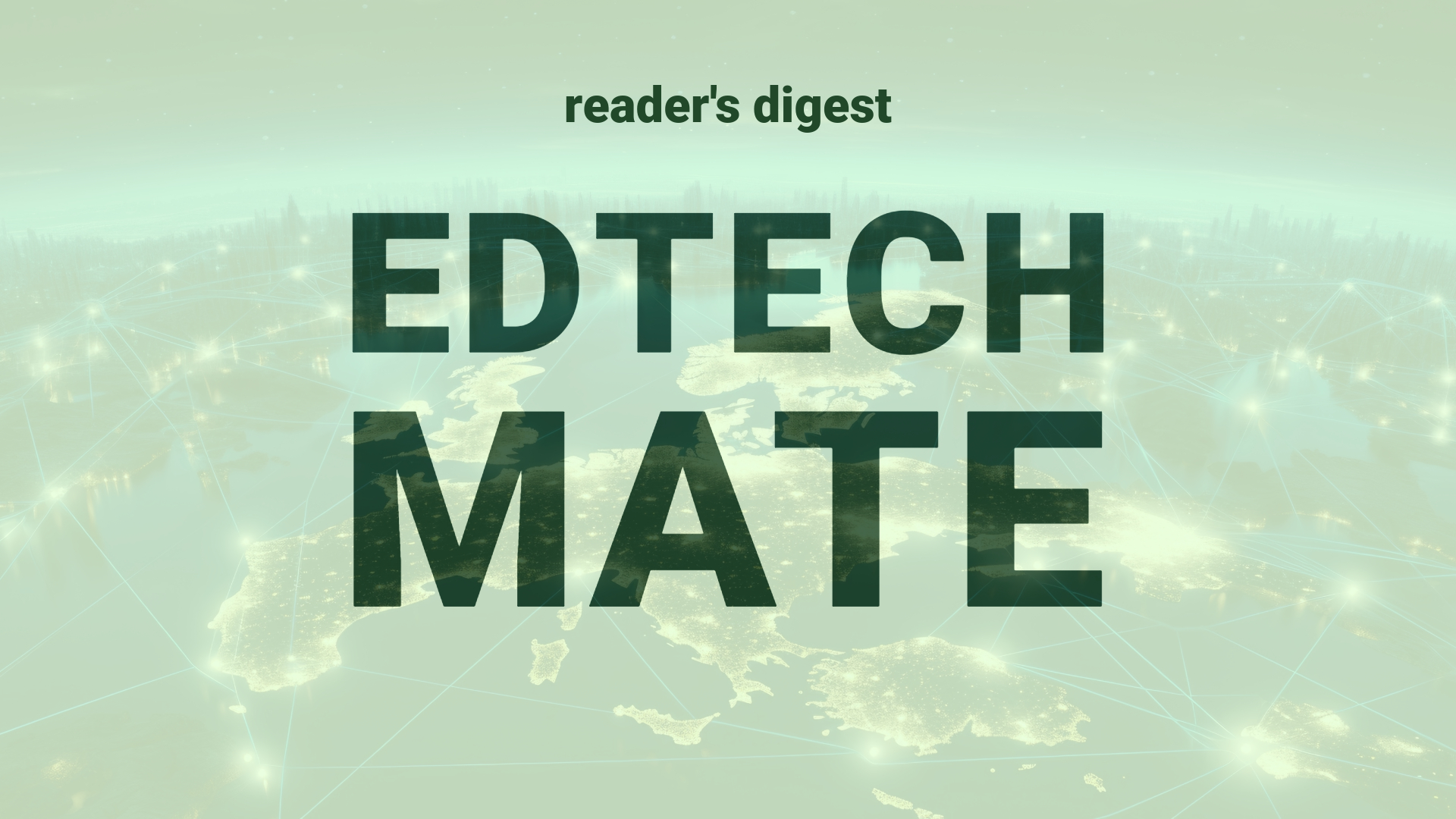Executive Summary and Main Points
The content focuses on leadership and continuous learning as central themes in professional development, where David Novak, former CEO of Yum! Brands, emphasizes the importance of learning from various sources to become effective leaders. Novak’s insights showcase the evolving landscape of global higher education and underscore the significance of experiential learning, open-mindedness, and converting knowledge into practice. The adjacent content from the Harvard Business Review details strategies for testing business processes, maximizing digital collaboration tools, VC-inspired decision making, and navigating career changes, reflecting the dynamic interplay between education, leadership, and technology.
Potential Impact in the Education Sector
Novak’s paradigm of lifelong learning and adjacent strategic insights can revolutionize Further Education and Higher Education sectors by advocating for curricula that integrate experiential learning and leadership development. This approach reinforces the need for strategic partnerships between academia and industry to facilitate real-world learning experiences. In the realm of Micro-credentials, these lessons inform the design and delivery of targeted, skill-specific learning modules that enhance employability and adaptability in a rapidly changing workforce. The digital transformation aspect, emphasized through effective utilization of digital collaboration tools, becomes pivotal in this educational evolution.
Potential Applicability in the Education Sector
Innovative applications in the global education system might include AI-driven experiential learning platforms, simulating real-world scenarios where learners can apply theoretical knowledge. Digital tools can support personalized learning paths, leveraging insights from Novak’s focus areas while promoting the continuous development of leadership qualities in students. Moreover, integrating methodologies borrowed from VC decision-making processes into business education can cultivate a risk-tolerant, agile mindset among graduates.
Criticism and Potential Shortfalls
While Novak’s leadership lessons and the associated technological strategies appear transformative, their application may encounter resistance due to ingrained educational paradigms and cultural differences. The comparative success between institutions in diverse international contexts may vary based on resources, technological infrastructure, and societal values toward learning and leadership. Ethical considerations around AI’s role in education and ensuring equitable access to these digital tools must be addressed to prevent widening the educational divide.
Actionable Recommendations
To leverage these technologies in higher education, leadership should consider implementing AI-powered leadership development tools with an emphasis on experiential learning. Strategic partnerships with industry players could provide real-world scenarios for these tools. Institutions should invest in robust digital collaboration infrastructures to support evolving educational models and integrate micro-credentials focusing on adaptability and agile decision making. Finally, international education leadership must balance technology integration with a commitment to inclusivity and cultural sensitivity.
Source article: https://hbr.org/podcast/2024/06/yum-brands-former-ceo-on-why-you-should-never-stop-learning

